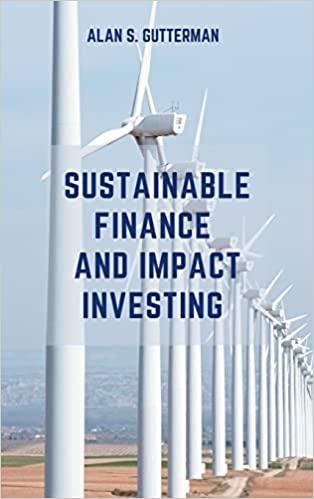Question 4. (20 points) According to IATA, The COVID-19 crisis has disrupted global air travel resulting in a dramatic decrease in the consumption of jet fuel by airlines. Coupled with this decline was a deep and rapid decline in oil prices related to this decrease in demand and an increase in supply by some producers. As a result, airlines may have over-hedged their future jet fuel purchases with forward or futures contracts and find themselves with contracts that have significant negative values captured in equity." Studies have shown that airline profits are most sensitive to the price of jet fuel. It is July 2019 (before COVID-19). Suppose you are a trader for an airline, and you watch the price of jet fuel rise to $76 per barrel and worried that prices could go higher in the summer of 2020 if the current trend continues. The airline is expected to buy 840,000 gallons (20,000 barrels) of jet fuel in summer 2020. On January 10, 2020, you decided to hedge 80% of your jet fuel price risk exposure using crude oil futures contracts (1.e., cross-hedge). On January 10, 2020, the spot price of jet fuel is $1.78 per gallon ($74.76 per barrel) and the June 2020 crude oil futures contract is trading at $62.00 per barrel. One crude oil futures contract is 1,000 barrels. 3 (a) Indicate whether you should use a long or short crude oil futures contract to cross hedge the jet fuel price risk exposure. How many contracts are needed? (b) On January 10, 2020, the airline follows your hedging recommendation and trades 16 June crude oil futures contracts at $62.00 per barrel. The initial margin deposit for crude oil is $4,200 per contract and the maintenance margin is $3,150. The next day, the June crude fuel futures price closes at $65.00 per barrel. What is the balance in the margin account? Would you get a margin call? Why? What if the June jet fuel futures price closes at $60.00 per barrel? () What price change would lead to a margin call from the initial futures price of $65.00 per barrel? (d) On June 10, because of the decline in the demand for air travel, the airline purchases 210,000 gallons of jet fuel (1.e., 25% of the forecasted demand) at $0.98 per gallon locally and offset its June crude oil futures positions. Suppose that on June 10, 2020, the June crude oil futures price is trading at $39.70 per barrel. What is the total gain or loss from the crude oil futures contract? What is the airline's net buying price per gallon for jet fuel? Any regrets from hedging? Why? 15 35 55 75 95 115 135 155 Jan-14 w May-14 Source: Platts. Datastream Sep-14 Jet Fuel & Crude Oil Price ($/barrel) Jan-15 May-15 Sep-15 Jan-16 May 16 Sep-16 Jan-17 -Jet Fuel Price May-17 Sep-12 Jan-18 wartus May 18 Sep-18 Jan-19 -Crude Oil Price (Brent May 19 Sep 19 Jan-20 May-20 Sep-20








